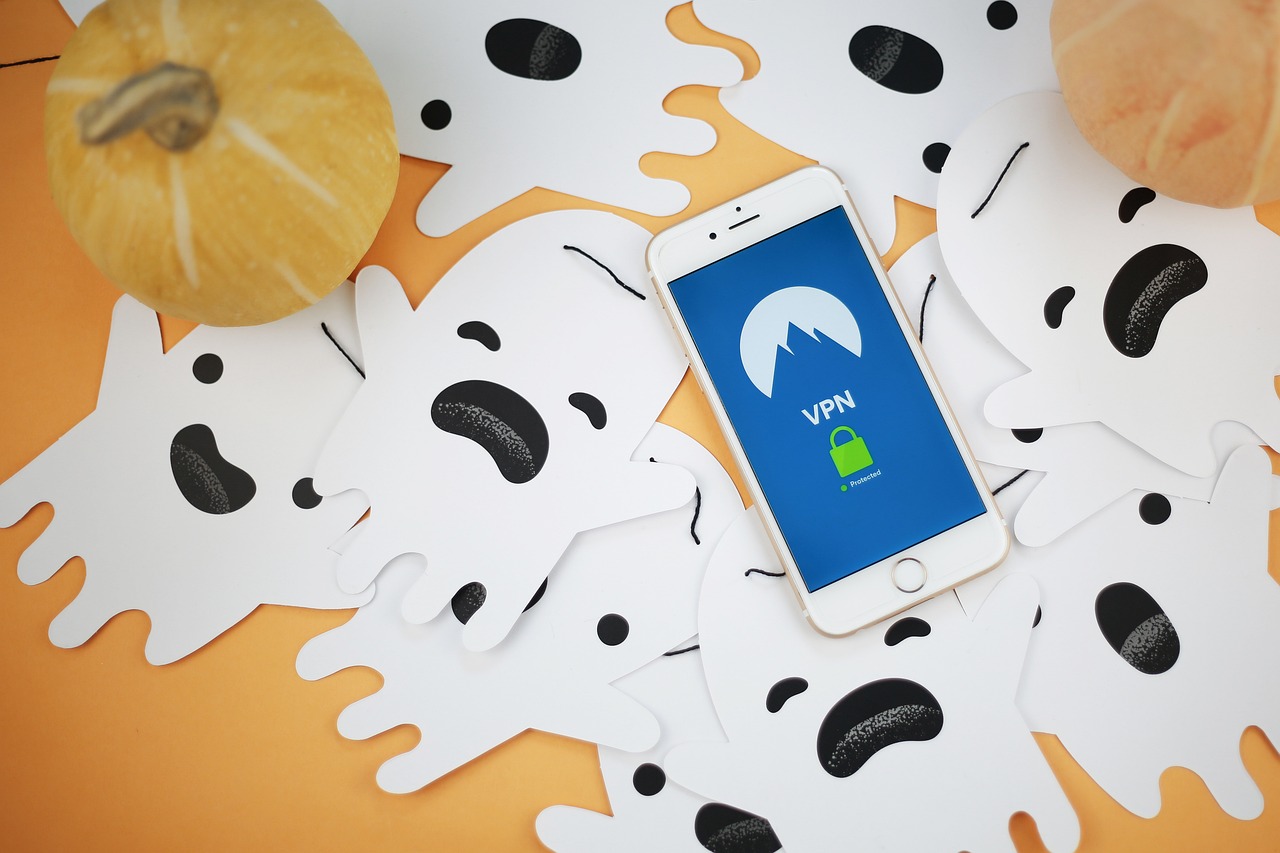In today's highly connected world, traveling across borders has become a regular part of many people's lives. Whether we are traveling for business or leisure, we often need to rely on the Internet for a variety of activities, including accessing bank accounts, using public Wi-Fi, browsing social media, and more. However, there are security and privacy risks associated with using public networks. To keep your personal information and data safe, using a VPN (Virtual Private Network) while traveling cross-country is a smart choice. In this article, we will introduce how to use VPN to protect your privacy and security while traveling cross-country.
I. Why do I need to use a VPN for cross-country travel?
Using a VPN for cross-country travel can bring multiple benefits. First, a VPN encrypts your internet connection, protecting your personal information and data from hackers and miscreants. While public Wi-Fi networks are often a security risk, a VPN creates a secure tunnel between you and the Internet, ensuring that your data transfer is not stolen or tampered with. Secondly, a VPN can help you bypass geo-restrictions and access websites and services that are inaccessible in your country. Whether you're checking the news, using social media, or enjoying streaming content, a VPN will allow you to do it all. Finally, using a VPN also protects your privacy and anonymity by hiding your real IP address. This means you can browse the internet more freely without worrying about being tracked and spied on.

II. how to use VPN to protect your privacy and security while traveling across borders?
1. Choose a reliable VPN service provider: Make sure you choose a VPN service provider with a good reputation, stable connection and strong encryption. Research and compare different options and choose a VPN service that suits your needs.
2. Pre-install and setup VPN apps: Before traveling, make sure you have the appropriate VPN apps installed on your device and make the necessary settings. Download and configure the appropriate VPN app according to your device and operating system.
3. Connect to trusted servers: VPN service providers usually offer worldwide servers for you to choose from. When traveling cross-country, choose to connect to a trusted and stable server, preferably one that is close to your region. This will result in faster speeds and a more stable connection.
4. Accessing sensitive information and transactions when using a VPN: When you need to access your bank account, make online purchases, or exchange other sensitive information, be sure to protect your connection with a VPN, which encrypts your data so that it is less likely to be stolen or snooped on.
5. Avoid using public Wi-Fi: Try to avoid unprotected public Wi-Fi networks as they pose security risks. If you have to use public Wi-Fi, be sure to connect using a VPN to ensure that your data is protected during transmission.
6. Regularly update and monitor your VPN app: Make sure your VPN app is on the latest version and monitor its operation closely. If you find unusual activity or connection problems, please contact your VPN service provider's technical support.
III. Other Precautions
In addition to using a VPN, there are a number of other precautions that can help you protect your privacy and security while traveling across borders:
1. Use strong passwords and dual authentication: Make sure you use strong passwords for your devices, accounts and apps, and enable dual authentication to provide an extra layer of security.
2. Review apps and permissions carefully: Before downloading and installing apps, carefully review their permission needs and avoid granting unnecessary permissions.
3. Avoid clicking on suspicious links and downloading attachments: When browsing emails, social media or other websites, be wary of suspicious links and attachments and avoid clicking on or downloading content that may contain malware.
4. Back up your data regularly: While traveling, back up your important data and files regularly. This way, you will be able to recover and protect your data even if something unexpected happens.
Conclusion:
Using a VPN is a key measure to protect your privacy and security while traveling across borders. It encrypts your connection, bypasses geo-restrictions, hides your real IP address, and provides a safer internet experience. By choosing a reliable VPN service provider, setting up and using a VPN app, and following other security measures, you can enjoy greater peace of mind, freedom, and secure internet access while traveling. Whether you're traveling for business or pleasure, a VPN will be your right-hand partner in ensuring that your Internet connection is always protected. Protecting your privacy and traveling safely starts with a VPN!
 Email
Email